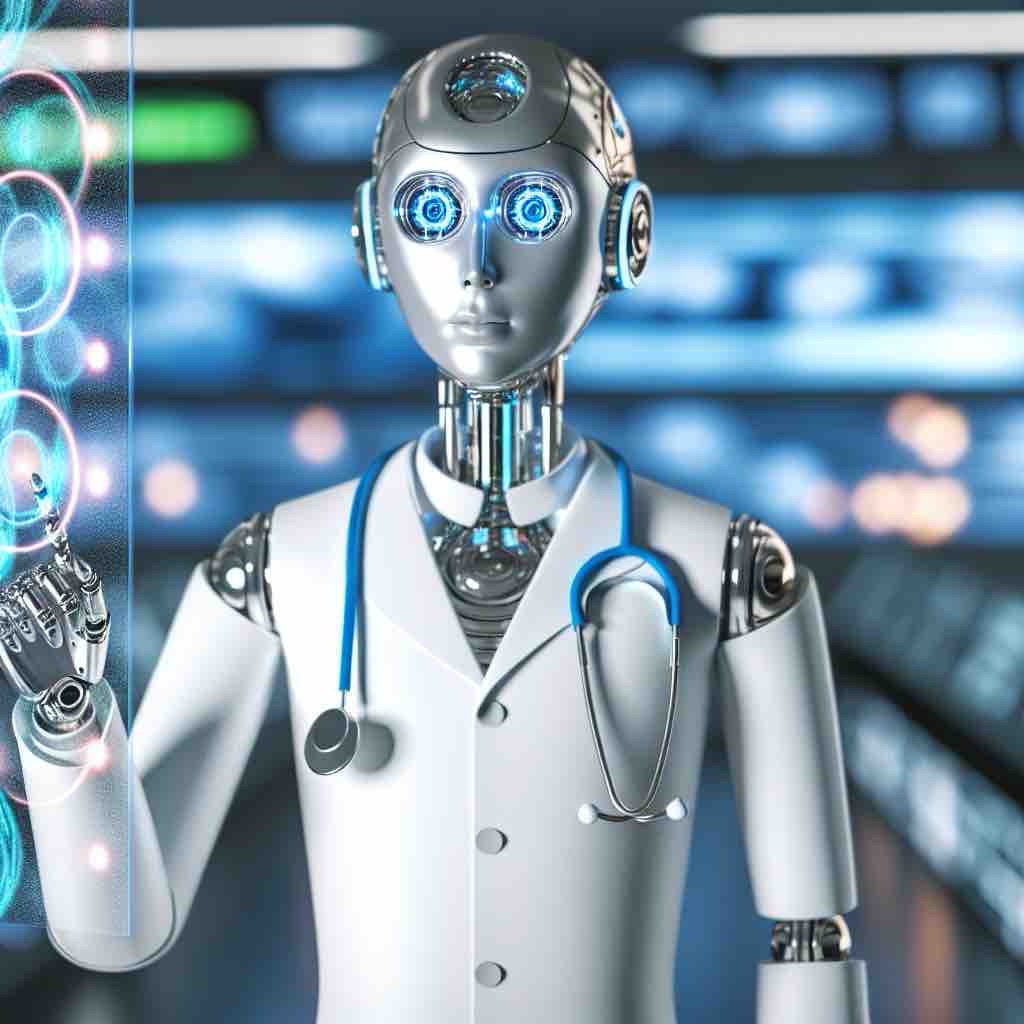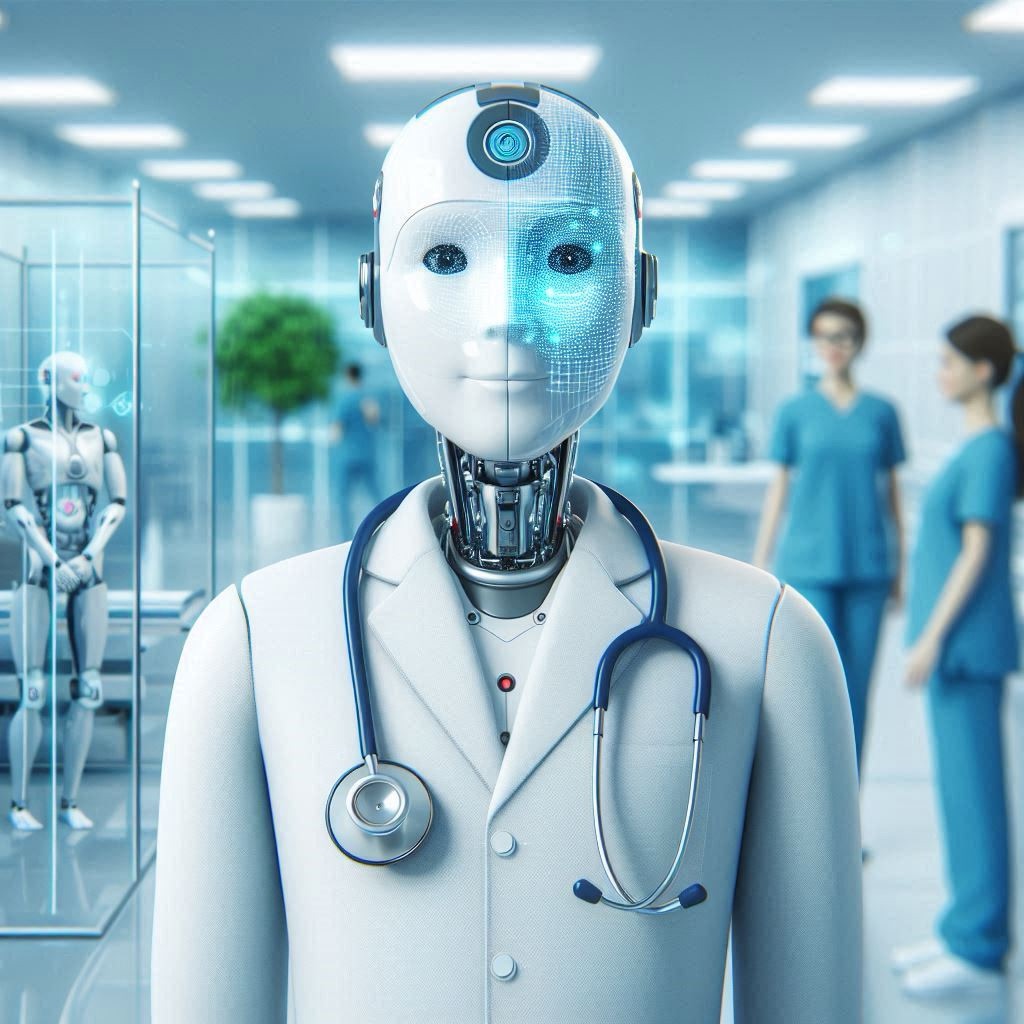I saw an article today discussing how Artificial Intelligence (AI) is being used in health care. From the article, AI is transforming healthcare by supporting physicians in diagnosis, treatment planning, patient monitoring, and administrative tasks. Here are some key ways it’s being used:
1. **Diagnosis and Imaging**: AI algorithms, particularly in radiology, can analyze medical images like X-rays, MRIs, and CT scans to detect anomalies such as tumors or fractures. For example, AI-powered image recognition can help radiologists spot early signs of diseases, including cancer and neurological conditions, with high accuracy. This speeds up diagnosis and reduces human error.

2. **Predictive Analytics for Early Diagnosis**: By analyzing a patient’s health data (like EHRs), AI can identify those at risk for certain diseases before symptoms appear. Predictive models can alert doctors to patients who might develop chronic conditions such as diabetes, cardiovascular disease, or sepsis, enabling preventive care.
3. **Personalized Treatment**: AI can analyze vast amounts of patient data, including genetic information, to suggest personalized treatment options. For example, in oncology, AI can help determine the most effective combination of treatments based on a patient’s unique profile, improving outcomes and reducing side effects.
4. **Virtual Health Assistants**: AI chatbots and virtual assistants provide quick answers to patients’ questions, remind them of medication schedules, or follow up on symptoms. This can improve patient adherence to treatment and reduce the frequency of unnecessary hospital visits.
5. **Surgical Assistance**: In robotic-assisted surgery, AI can enhance precision, offering guidance to surgeons during complex procedures. It can also help analyze real-time data during surgery, allowing for better decision-making and potentially reducing recovery time.
6. **Natural Language Processing (NLP) for EHRs**: Physicians often spend a lot of time on documentation. NLP tools can help by transcribing spoken notes, summarizing patient interactions, or even automatically entering relevant information into electronic health records (EHRs), allowing doctors to focus more on patient care.
7. **Drug Discovery**: AI accelerates drug discovery by predicting how different compounds might interact with target proteins or cells. This can significantly shorten the development process and lead to new therapies, especially in fields like oncology, neurology, and immunology.
8. **Remote Patient Monitoring**: With AI-driven wearable devices and sensors, physicians can continuously monitor patients with chronic conditions. These devices can alert healthcare providers to irregular patterns (like arrhythmias in heart patients), enabling timely intervention and reducing hospital readmissions.
AI is not a replacement for physicians but a powerful tool to help them make better-informed decisions, improve patient care, and streamline processes in the healthcare system.

AI is revolutionizing healthcare in many ways, helping physicians provide better care and improving patient outcomes. Here are some key applications:
1. **Medical Imaging**: AI algorithms can analyze medical images like X-rays, MRIs, and CT scans with high accuracy, often detecting conditions that might be missed by the human eye.
2. **Predictive Analytics**: AI can predict patient outcomes by analyzing large datasets, helping physicians make informed decisions about treatment plans .
3. **Personalized Medicine**: AI helps tailor treatments to individual patients based on their unique genetic makeup and medical history, leading to more effective and personalized care.
4. **Drug Discovery**: AI accelerates the drug discovery process by identifying potential drug candidates and predicting their efficacy and safety.
AI in healthcare holds great promise for improving patient outcomes, enhancing operational efficiency, and driving innovation. As technology continues to evolve, it is essential for stakeholders in the healthcare industry to address the challenges and ethical considerations associated with AI to fully realize its potential.